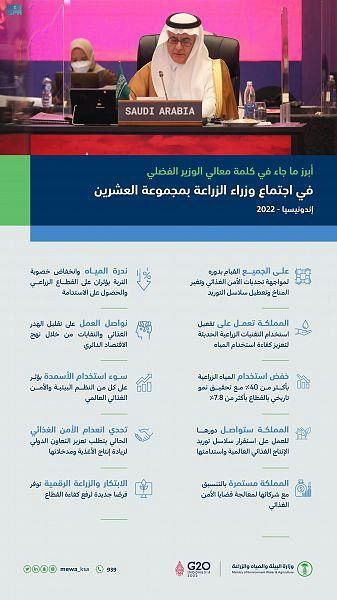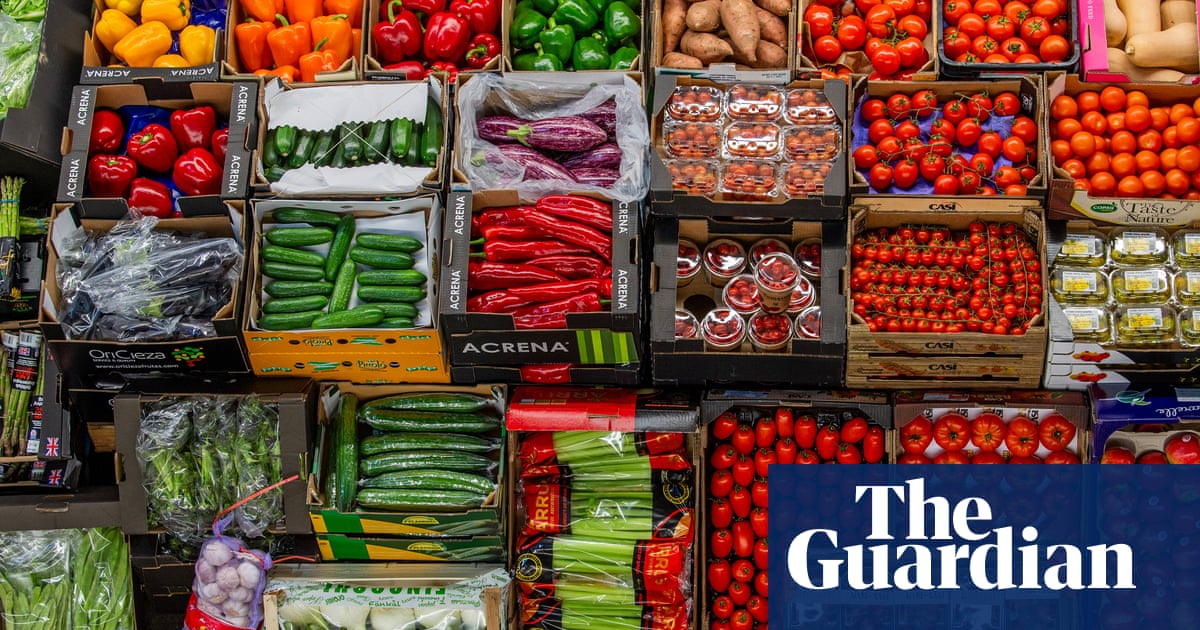
When all the shops closed due to the coronavirus lockdown, small collectives were key to remaining self-sufficient for marginalised farmers in India’s southern state of Tamil Nadu.
“We had sufficient grains and vegetables at home, while others in the village were seeking government support,” says 46-year-old Poongani, one of the widowed Dalit women among the nine members of the Sivanthi Poo farming collective in the village of Thottampatti.
Adhiamal, 60, a Dalit widow who belongs to the Kalanjium farming collective in Sohanur village in the same state, echoes Poongani’s satisfaction at being food secure: “No shops in the village were open during the lockdown. We were the only source of vegetables for the villagers.”
The small, informal farming groups that Poongani and Adhiamal belong to are facilitated by the Women’s Collective, a grassroots nonprofit in Tamil Nadu. The organisation encourages poor women, who neither own land nor are able to lease land on their own, to pull together and lease land collectively to grow food.
Sheelu Francis is one of the organisation’s founders. “We began with five collective farms in 2010, with the intention of helping landless single or widowed women achieve food security,” she says.
In rural India, more than 70% of working women are farmers, yet fewer than 13% hold land titles. Women are often underpaid and exploited, and if they are unmarried, widowed or separated then leasing land is next to impossible. For a woman from a marginalised community like the Dalits – the lowest caste in India’s caste hierarchy – not having access to land affects her family’s health and nutrition.
“With collective farming, we ensure nutrition and food security for landless women at the household level,” says Francis.
The initial success of the collectives led to more women wanting to join. Today, there are 89 collective farms with a total of 695 members spread across Tamil Nadu.
Each collective has between five and 10 members. Women’s Collective provides the training, from the choice of crops to producing natural fertilisers. No chemicals are used. Depending on the size of the plot, women grow millet, rice, groundnuts, and a variety of pulses and vegetables. Typically, a third of the harvest is given to the landlord as rent while the members share the rest.
“The produce lasts us about six months,” says Poongani, adding that any surplus is sold at the village markets.
Work is shared equally and all decisions are discussed and made with collective agreement. If for any reason one member can’t come to work on a particular day, they can choose a family member to substitute them or make up for the lost day at another time.
Kuppamal, 40, belongs to the Kurunji collective in Thottikalai, which has seven members. “In the six years that we’ve been working together, we’ve rarely had a problem with each other. If there are any disagreements, we settle them amicably,” she says. “We’ve become closer over the years.”
But there have been other challenges, says Francis. “Initially, the farmers would lease land from private landowners. When the landlord saw the rich harvest, they would immediately ask for the land back.”
To avoid this, women landowners in the village were identified and invited to join the collective.
Land is also leased from absentee landowners, mainly villagers who have gone to nearby cities like Chennai or Bengaluru for work. The landlord’s share of the harvest is sold, and the money deposited in their bank account.
Now landless, married women are also joining collectives. Sandhya from the Avvai collective in Bommanur village, is delighted to be four months pregnant after trying to conceive for more than a decade. She attributes her pregnancy to the nutritious and organic produce she has been eating.
“It’s the cultivation and consumption of natural foods that has made this pregnancy possible,” she says.










